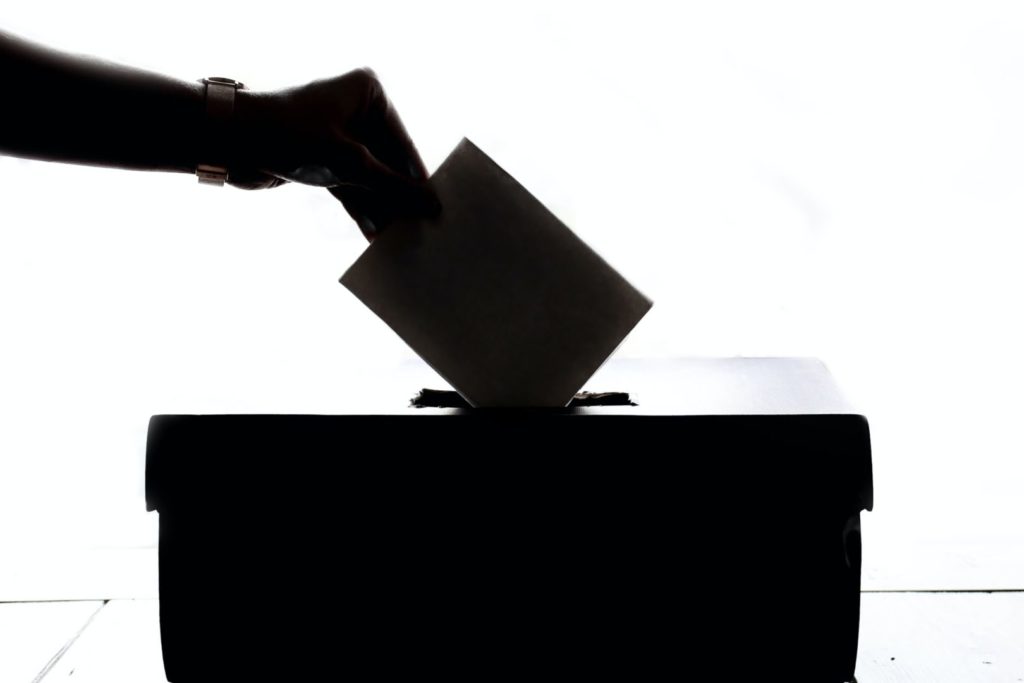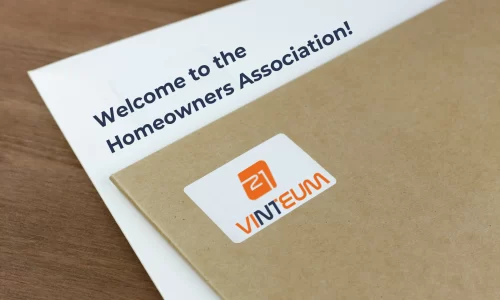It’s an annual event that can cause consternation and anguish or go smooth as silk: HOA board of directors’ elections. Like any electoral process, there are rules to follow and pitfalls to avoid. Your association could get into serious trouble if any legal mistakes are made during on HOA election day or during the campaign period. There are problems to be addressed in the run-up to the vote, find out what you have to do here.
HOA Election Rules
Most importantly, it’s not enough to merely follow Civil Code when it comes to running an HOA board election; separate elections rules must also be adopted, but often are not. This is because elections are mentioned in the association’s bylaws, so that’s considered to be enough. Typically the bylaws state how many positions there are on the board, and what to do if one board member resigns, among other things. That’s all well and good, but addressing elections in the bylaws isn’t the same as adopting election rules, which include giving at least 30 days’ notice to owners, member comments, and adoption at an open board meeting.
Elections are conducted in compliance with the law. Maybe not, as it’s not legally sufficient to conduct elections pursuant to the dual-envelope, secret ballot system prescribed by Civil Code without separate election rules. This means that failing to adopt and publish election rules violates election law. It exposes the association to potential liability and risks the nullification of any vote or election. This can cause a lot of legal problems for your association. If you’re unsure about the election rules read your State law related to HOA elections. You could also consult an attorney to make sure that your community is in compliance with the law.
The election rules should include but are not limited to, making sure all candidates have equal access to association media, eg newsletters, and posts on social media. The election rules must specify the nomination procedures and the candidates’ qualifications.
HOA Voting Rules
Having HOA voting rules in place is mandatory for all elections, not just those for board seats. Their absence can potentially void special assessment elections as well as governing documents approval — and send the association into Small Claims or Superior Court. Talk to an attorney if you’re worried about your HOA voting rules. You must create an electoral roll, including eligible voters’ information, their contact details. Remove anyone who no longer lives in your HOA and replace them with any new residents, looking at Neighbors list of owners/residents can help with this. Then, properly announce the positions that residents can run for, the start and end dates of the election and how to vote.
Who should draft the rules? Unlike an association’s CC&Rs and standard rules and regulations, which are commonly drafted by the board, election rules really should be drafted by an attorney — since it’s not as simple as incorporating some language from the applicable statute.
Election rules must comply with the law and be tailored to work with the association’s other governing documents. If called into question, due to being drafted by the board perhaps to save attorney’s fees, the defense will cost far more than what the investment would have been to hire an attorney to do the drafting.
Get the word about the HOA election out
With election rules in place, the next challenge is advertising, initially for candidates and then regarding the election itself. Unfortunately, participation in HOA elections often mirrors the turnout for local elections — it can be very low — so it’s important to spread the word as far and wide as you can to get as many homeowners as possible involved. You can use Neighbors to get the word out about your election, and encourage residents to both stand for election, and to vote. You can also talk to people who you think would be good, and who come to meetings regularly. Sometimes the candidates need to collect signatures to be able to stand for election in the first place, and they can use Neighbors to coordinate and publicize their campaign.
For the actual election, you either have to follow what’s in the bylaws, or the board can decide whether to vote electronically, or by secret ballot in person, or whether to allow proxy voting or not. Afterward, the votes have to be counted, either in a board meeting or an annual membership meeting. For both meetings there needs to be a quorum, or a minimum number of people present. This way residents can observe the counting of ballots or the results if the voting was online, and see that it was a fair and transparent election.
Vinteum’s mission is to improve the quality of service provided by property managers and make their lives easier. We leverage the power of technology and efficiency, coupled with an incredible design, to create open communication between residents, boards of directors and property managers. We do this through our kickass features, like notices, a social network for your HOA, documents, an events calendar, and your very own website. All this improves the experience of managing associations and of living in a community.
Originally published in January 2017, updated April 2019









One Response